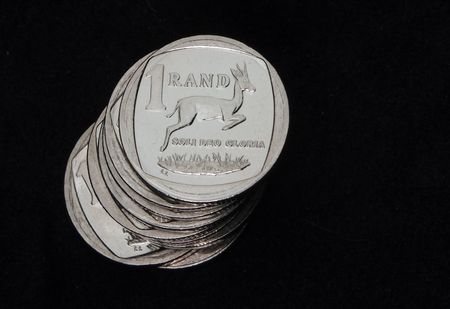By Shariq Khan
NEW YORK (Reuters) -Oil prices settled marginally higher on Monday as signs of a breakdown in U.S. talks with Iran over its nuclear program offset a Moody’s downgrade of the U.S. sovereign credit rating.
Brent crude futures settled 13 cents higher at $65.54 a barrel, while U.S. West Texas Intermediate crude closed up 20 cents at $62.69 a barrel. Both contracts rose more than 1% last week.
Nuclear talks will lead nowhere if Washington insists that Tehran stop its uranium enrichment activity, Iranian state media quoted Deputy Foreign Minister Majid Takht-Ravanchi as saying on Monday.
That remark dented hopes for an agreement, which would have paved the way for the easing of U.S. sanctions and allowed Iran to raise its oil exports by 300,000 to 400,000 barrels per day, StoneX analyst Alex Hodes said.
“That potential increase looks very unlikely now.”
The U.S. sovereign credit downgrade by Moody’s raised questions about the economic health of the world’s largest oil consuming nation. Pressure also came from news of slowing industrial output growth and retail sales in China, the top oil importer.
“The weaker-than-expected Chinese data is not helping crude oil, although I would describe the setback as modest,” said UBS analyst Giovanni Staunovo.
Additional pressure came from U.S. Treasury Secretary Scott Bessent’s comments that President Donald Trump will impose tariffs at the rate he threatened last month on trading partners that do not negotiate in “good faith.”
Oil prices are likely to remain volatile for the foreseeable future as investors look for updates on the tariffs, U.S.-Iran negotiations, and talks to end the war in Ukraine, said John Kilduff, partner at Again Capital in New York.
Russian President Vladimir Putin, after a call with Trump on Monday, said Moscow was ready to work with Ukraine on a memorandum about a future peace accord and that efforts to end the war were on the right track.
An end to the Ukraine war would pave the way for the lifting of some Western sanctions against Moscow’s oil sales, potentially boosting global supply and adding more pressure to oil prices, said Andrew Lipow, president of Lipow Oil Associates.
(Reporting by Shariq Khan and Alex Lawler; Addiitional reporting by Seher Dareen, Florence Tan, and Emily Chow; Editing by Paul SimaoEditing by David Goodman, David Evans, Barbara Lewis, Paul Simao and Richard Chang)








